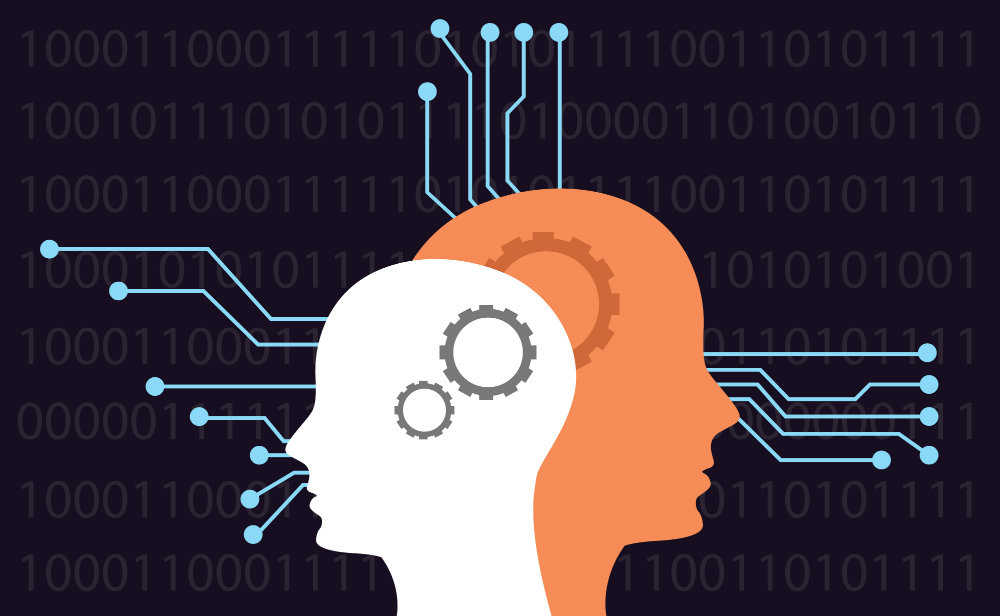Key takeaways
• AI software development in 2025 will automate boring tasks
• Developers can focus on creative and ethical work
• Learning new skills is vital to stay ahead
• Trying tools like agentic and multimodal AI boosts productivity
AI Software Development Revolution in 2025
Artificial intelligence will change how we build apps and software. AI software development will handle routine code writing, testing, and debugging. As a result, developers will spend more time on big ideas. For example, they can design better user experiences or focus on security. Moreover, teams will use AI agents that work on tasks by themselves. These agents can read documentation, fix bugs, and even suggest new features. Therefore, efficiency will soar. Yet, developers must learn to work with these smart tools.
Why Routine Tasks Will Disappear
In 2025, AI software development will cut down repetitive work. AI systems can write code snippets in seconds. They can run tests and find errors faster than humans. Consequently, developers will not waste hours on simple fixes. Instead, they will guide AI to do these chores. This shift will free up time for creative work. It also means projects will finish sooner and with fewer mistakes.
Embracing AI as Collaborator
Instead of seeing AI as a threat, developers will treat it as a teammate. When developers share their vision, AI tools can suggest improvements. For instance, if you describe a user interface idea, AI can draft the layout. Then you tweak it. This back-and-forth speeds up the design process. Moreover, AI can track code quality over time and warn about potential problems. Thus, collaboration between human and machine becomes a powerful duo.
Building Ethical and Secure Software
Even with great tools, ethics and security remain crucial. AI software development must follow clear rules. Developers must check that AI suggestions do not introduce biases. They also need to guard against vulnerabilities. For example, AI might propose a shortcut that leaves a security hole. Thus, developers still play a key role in reviewing and testing every part of the code. Additionally, teams should adopt transparent AI practices to maintain user trust.
Upskilling for the Future
To make the most of AI software development, developers must learn new skills. First, they need to master AI toolkits and platforms. Next, they should understand how to prompt AI systems effectively. Good prompts lead to better outputs. Furthermore, learning basics of ethics and data privacy helps ensure safe software. Finally, studying cloud and edge computing will aid in deploying AI-powered applications. By investing time in these areas, developers will stay competitive.
Experimenting with Agentic and Multimodal Systems
Agentic AI systems can act on their own, making decisions without constant guidance. They can manage tasks like scheduling builds or refactoring code. On the other hand, multimodal AI can work with text, images, and even voice. For instance, developers might draw a wireframe on paper and have AI convert it to HTML. By mixing these systems, teams can prototype faster and test ideas in new ways. As a result, innovation will accelerate.
Adapting to Rapid Changes
In this evolving landscape, adaptability is key. Technology updates at lightning speed. Therefore, developers must stay curious and flexible. Attending workshops, reading blogs, and joining online communities help keep skills sharp. Moreover, experimenting in sandbox environments lets teams test new AI tools safely. This trial-and-error approach fosters a culture of continuous improvement.
Measuring Productivity and Success
AI software development will also bring new metrics. Beyond counting lines of code, teams will measure value delivered. For example, how many tasks did AI complete? How much time did it save? How many bugs were caught early? These metrics help managers understand AI’s impact. They can then adjust workflows to further boost output.
Maintaining the Human Touch
Despite AI’s growing role, human creativity remains irreplaceable. AI can suggest ideas, but humans refine and choose the best ones. Teams will thrive when they balance AI efficiency with human insight. They will hold design sprints and brainstorming sessions to ensure innovation stays on track. In this way, software will meet real user needs and deliver genuine value.
Preparing Organizations for Change
Companies need to plan carefully when adopting AI software development. First, they should create a clear strategy outlining goals and risks. Next, they must train staff on new tools and processes. Also, they should form cross-functional teams that combine AI experts and domain specialists. Finally, they need to set up feedback loops to learn what works and what doesn’t. Through gradual rollout and constant learning, organizations can succeed.
Future Outlook
Looking ahead, AI software development will become more autonomous and context-aware. AI may soon write entire modules based on high-level requirements. It could test software in simulated environments that mimic real-world conditions. Ultimately, AI will not replace developers, but it will redefine their roles. As developers focus on creativity, ethics, and strategy, the tech world will achieve greater heights.
Frequently Asked Questions
How will AI software development change my daily work?
You will spend less time on repetitive coding and testing. Instead, you will guide AI tools, review outputs, and focus on creative tasks.
Do I need to learn new programming languages for AI software development?
Not always. You will use familiar languages, but you will learn to work with AI platforms, APIs, and prompt languages.
Is AI software development secure by default?
No. You must verify AI suggestions for safety and privacy. Security checks remain a developer’s responsibility.
Can small teams benefit from AI software development?
Yes. Even small teams can use AI to speed up tasks, improve code quality, and boost innovation.
